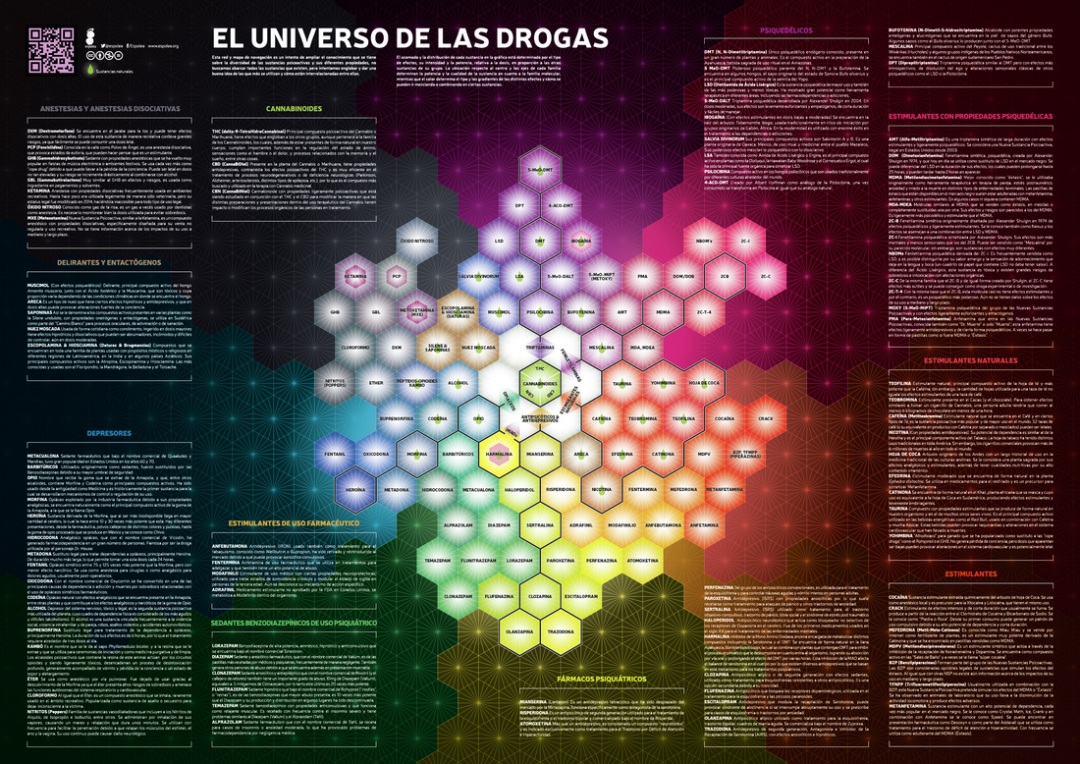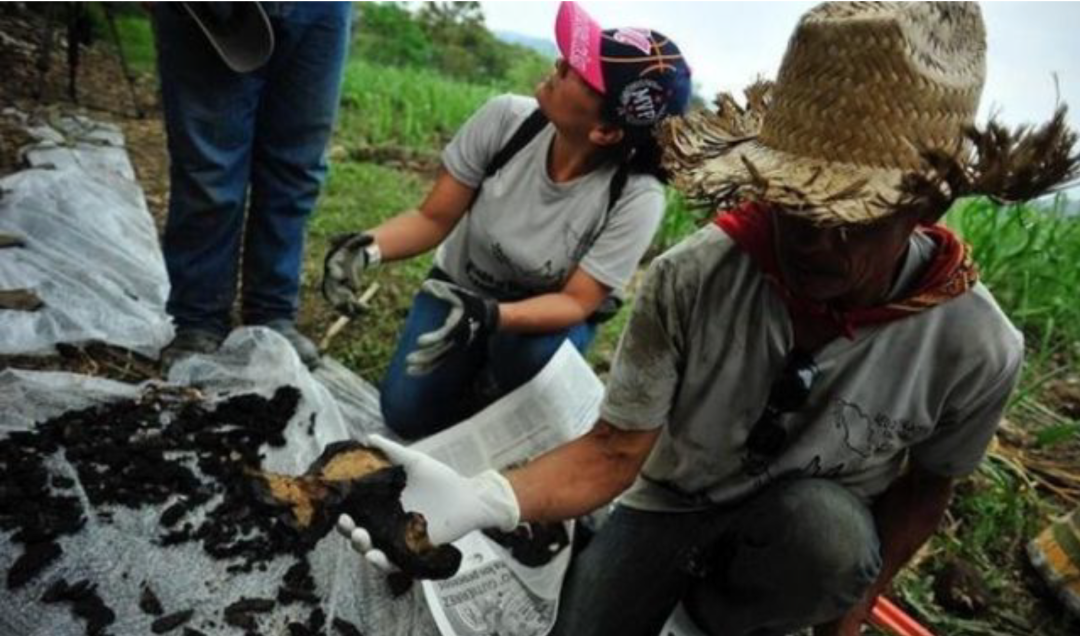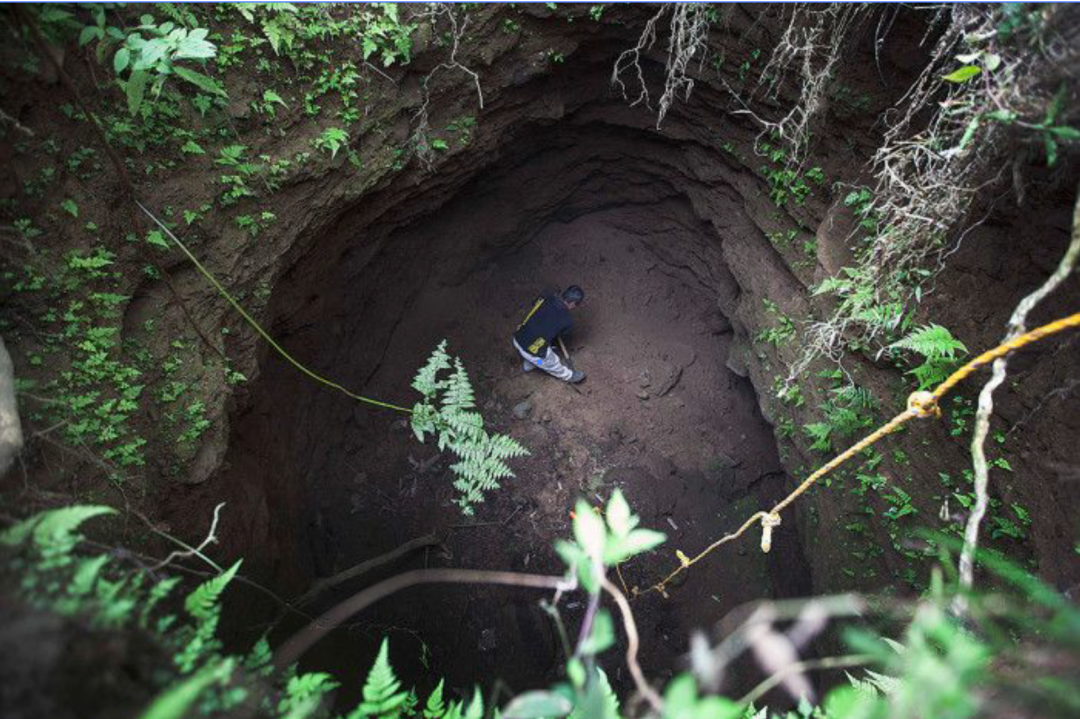January 25, 2017
By Dení López (MDes R&R/MAUD 2019)
When seating in a very nice classroom in the south of Mexico City listening to the socio-political conflict that came with Felipe Calderon’s decision to fight organized crime, it was hard to envision the actual impact that the struggle has had on the Mexican society. Whenever I listen to someone talking about the “War on Drugs” I feel as if it was a phenomenon happening in a different dimension, when the reality is that it has been a part of my life for the last 10 years. Allow me to share my experience.

I grew up in Cuernavaca, 40-minutes south of Mexico City. Back in the 90s (when I was a child) Cuernavaca was a weekend paradise for the people from the capital, a somewhat boring place where not much happened. That all changed in 2009 when the navy executed Arturo Beltrán Leyva (head of the Sinaloa Cartel) in a luxurious housing complex located five minutes away from my house. I lucidly remembered how the city changed after that incident. When army tanks began to patrol the city, all of us in Cuernavaca knew that our days as a weekend getaway spot were over.
The every-day news failed to cover what we listened in the local market or heard on the streets. Civilian casualties became frequent, and the city became a place where the feeling of safety was widely missed. Gunshots were often fired in the streets, and finding bodies hanging from bridges became a common “warning sign”. As new gangs fought over the territory, businesses were unofficially asked to pay for protection, and many left the city in pursuit of a peaceful life.
It was easy to hear about people you knew disappearing since violence slowly but surely became part of our everyday lives. Nowadays, in a country that has dealt with waves of denial, the common occurrence is to think about the affected people as “youngsters involved in some sort of sketchy behavior”, but the reality is often more complicated. A group of students and I were reminded of this on our visit to Mexico City through a couple of heart-wrenching stories from people who lost family members due to the war.
Violence threatens the social fabric in ways that are hard to envision, and there is a huge need to help people who have been affected by it. In an effort to spread the word and help this cause, I share with you the information that our friends from ReverdeSer Colectivo shared with us.

ABOUT THE PROJECT
In Mexico, approximately 28,000 cannot be found and their disappearance is almost always related to crime or state forces that kidnapped or killed them. Most criminal investigations are not fully undertaken by the authorities. And so, the impunity in those thousands of cases is almost absolute (99%).
In response, the families of the victims helped by organizations and legal and forensic experts will undertake the 3rd National Brigade Looking for Disappeared People, which aims to locate mass graves in Cuiliacán, Sinaloa (a northern state of Mexico).
For this project to happen safely WE NEED YOUR HELP!
Your donations will help provide the material tools that the members of the brigade need to do the search (ex: travel expenses, tools, forensic & legal advisors, documentation, etc.). The Brigade is formed by 60 people, from family members to activists, non-for-profit organizations, and experts, that voluntarily collaborate and do the fieldwork in Cuiliacán, Sinaloa, from January 21 to February 4th 2017.
CLICK THIS, DONATE & SHARE IT!

ABOUT THE NATIONAL BRIGADE SEARCHING FOR DISAPPEARED PEOPLE
The National Brigade is a voluntary and independent group of families of disappeared people that support victims with disappeared family members through research, emotional, legal, and material means. Weather it is by studying criminal patterns in the country, providing legal advice or creating circles to express and share the pain, the National Brigade now gathers searchers and victims from more than 5 states of Mexico: Guerrero, Sinaloa, Coahuila, Chihuahua, Morelos y Veracruz.
Through their embodied experience and helplessness, they have developed research and fieldwork methodologies and tools to obtain information, locate the existence of massive graves and literally extract bodies that might be someone’s disappeared beloved one. The 1st and 2nd brigade effectively found bodies that are now being processed by forensic experts and hopefully will get an ID and be returned to their families. Those findings reveal the governmental incapacity to honor the right to life and the right to justice, truth and memory of the lost ones.

NON-FOR-PROFITS THAT SUPPORT THE PROJECT:
Cauce Ciudadano Litigio Estratégico en Derechos Humanos A.C. (IDHEAS)
Instituto Mexicano de Derechos Humanos y Democracia
Brigada Humanitaria de Paz Marabunta
Red Retoño
ReverdeSer
PLEASE CONTACT US:
[email protected]
(+521 55) 4747-1659
